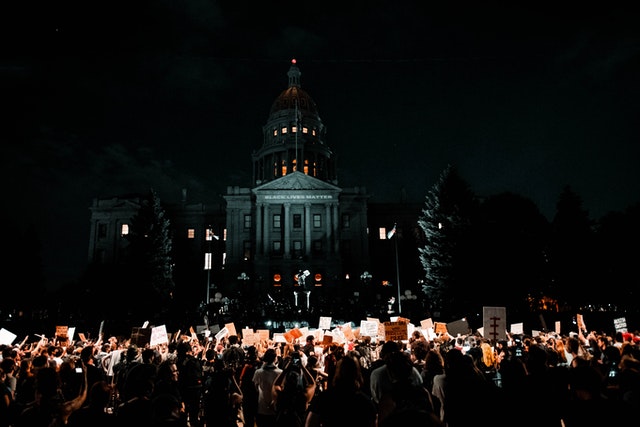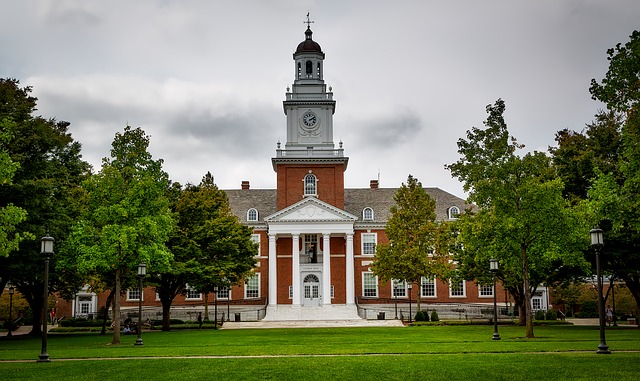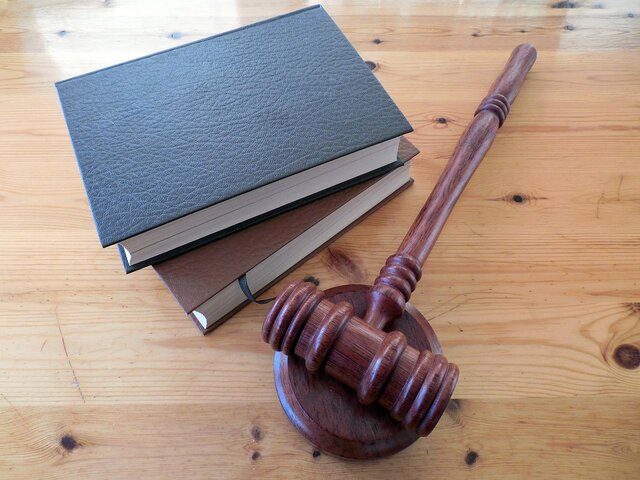
Redefining the Badges of Slavery
Read Full Article (PDF)
Redefining the Badges of Slavery
Section 2 of the Thirteenth Amendment grants Congress the authority to eliminate the “badges and incidents” of slavery. What constitutes an incident of slavery is clear: the incidents of slavery are the legal restrictions, such as submission to a master and a ban on the ownership of productive property, that were inherent in the institution of slavery itself. What constitutes a badge of slavery is far less certain, and relatively few legal scholars have examined the historical meaning of the metaphor. Nevertheless, there has emerged a renewed interest in Section 2, such that the literature now abounds with proposals for eliminating contemporary badges of slavery. Section 2 has been cited as grounds for addressing hate speech, the removal of Confederate monuments, racial profiling, sexual orientation discrimination, violence against women, limitations on the right to an abortion, sexual harassment, sweatshop labor, and more.
Yet there is a widening gulf between those who invoke the badges metaphor in support of contemporary legislative proposals and those who have examined the history of the metaphor itself. For legal scholars like Jack Balkin, Akhil Amar, Alexander Tsesis, and Andrew Koppelman, the badges metaphor can be used to characterize a number of present day injustices, injustices that Congress can address via its Section 2 authority. Lending support to this view is a series of modern cases, beginning with Jones v. Alfred H. Mayer Co., in which the Supreme Court of the United States held that Congress may “determine what are the badges and the incidents of slavery” and “translate that determination into effective legislation,” subject only to rational basis review. If this view is correct, Congress’s Section 2 authority is more expansive than is commonly recognized and Section 2 can be used to address a number of contemporary injustices.
Nicholas Serafin*
*Assistant Professor of Law, Santa Clara University School of Law.





